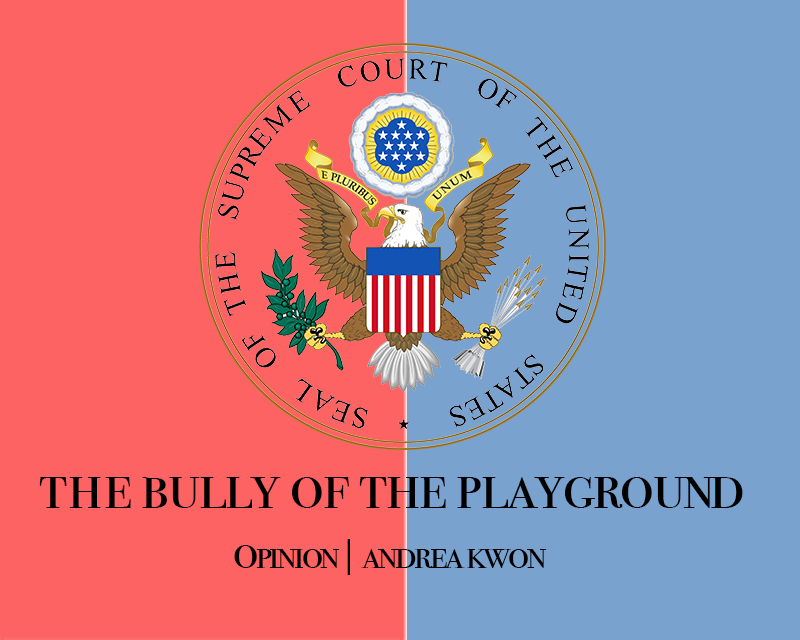A new conservative monster is born; he is the best candidate; he is illegitimate; he won fair and square; he must be gotten rid of; he is the chosen one. Despite the fact that it sounds more like a discussion over a character in a novel, these are the controversies connected to Judge Neil Gorsuch’s succession of the late Justice Antonin Scalia, a “simple” quarrel that ended with Gorsuch’s confirmation to the highest court in the land.
Yet, the “simple” quarrel did not end with small back-and-forth moves between the two parties, but included an outpour of passive-aggressive, dramatic outcries of the political media. Headlines roared with distaste and fueled the negative atmosphere already populated by the rejection of Merrick Garland, former President Obama’s Supreme Court nominee. The change of rules of the Senate to avoid a super majority for a Supreme Court nominee only seemed to aggravate things as others foresaw the worst possible future ahead with bitter aftertaste of defeat ringing through their words.
Considering the use of nuclear option by Democrat-controlled Senate, it may be that the Democrats learned a thing or two from the impulsive actions of then majority leader, former Senator, Harry Reid: whether or not it may be Gorsuch that is filibustered or another big policy, a nuclear option, the magnet of censure, is bound to be triggered, just as it did with the former senator’s actions against the Republican filibuster of non-Supreme Court Presidential appointments.
Without doubt, the Republicans were at a crossroad in which they either had to choose to give up on Gorsuch confirmation, their only chance of a Supreme Court majority, or their political capital. By confirming Gorsuch, the Republicans had to face the full force of the disparagement of the media over the hindering of intentions of the Founding Fathers: the maintenance of bipartisan cooperation and respect of minority rights.
Yet this was not the end for the Republican Party. Despite their desires to get rid of the 60-vote threshold, the party cannot or even will get rid of it not just because of the fear of evident criticism but also because of its necessity. According to the New York Times, Republicans used the filibuster two times more than the Democrats in previous years during their time as a minority party. The Republicans are not imprudent and they know that they may not be the majority in the next Congress and filibusters are the only way to protect themselves.
The degree to which our government is divided is measured by the lengths by which the politicians are willing to go. Clearly, the use of the nuclear option is the model for the deep divisions that existed long before the current era. Thankfully, the filibuster of bipartisan cooperation is still safe. But how long would this last? How long would it be until the Congress majority becomes the dictator of the political playground?

